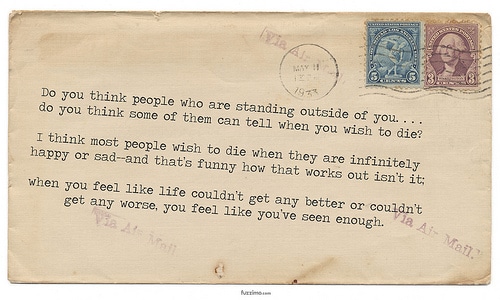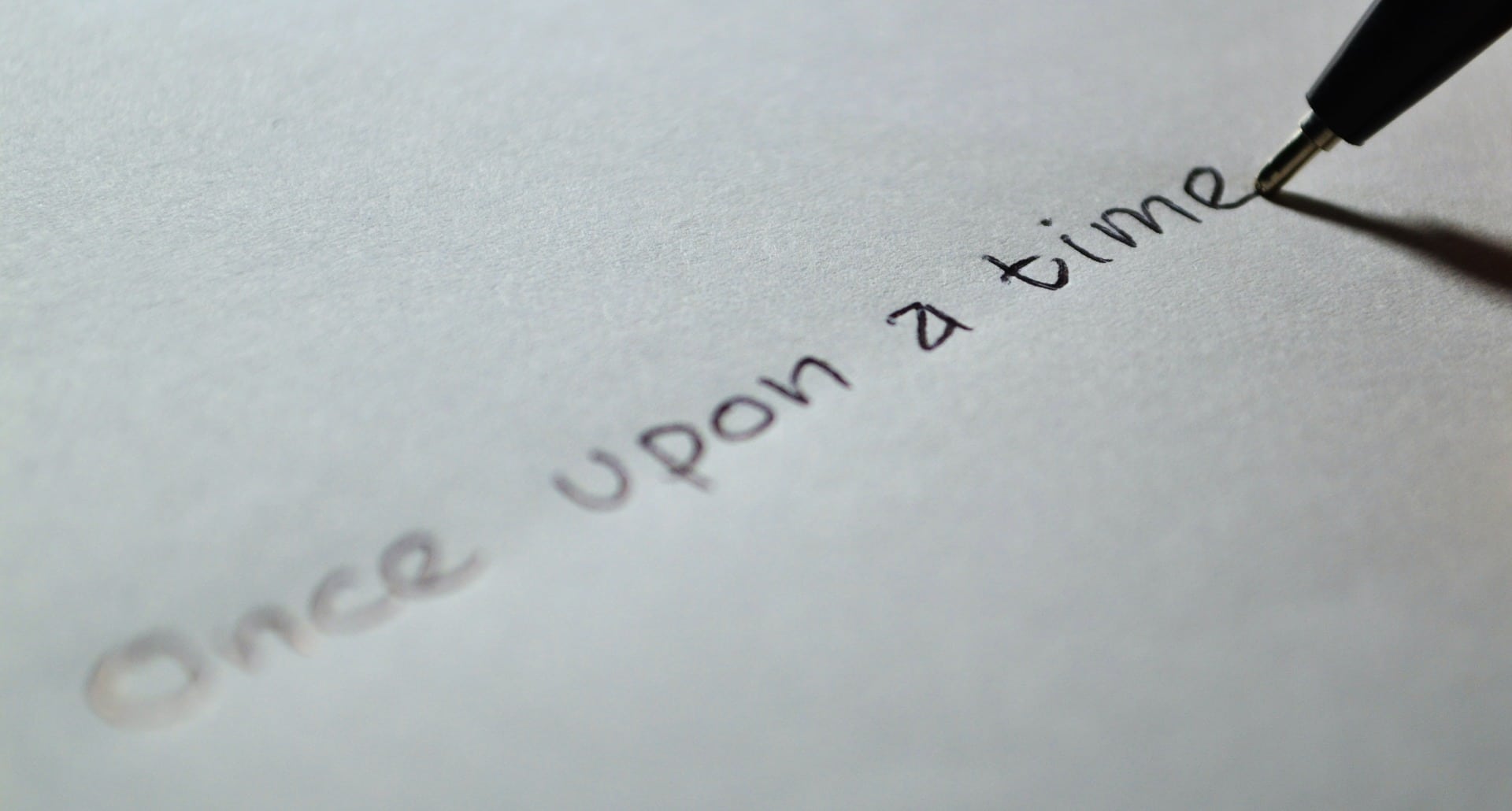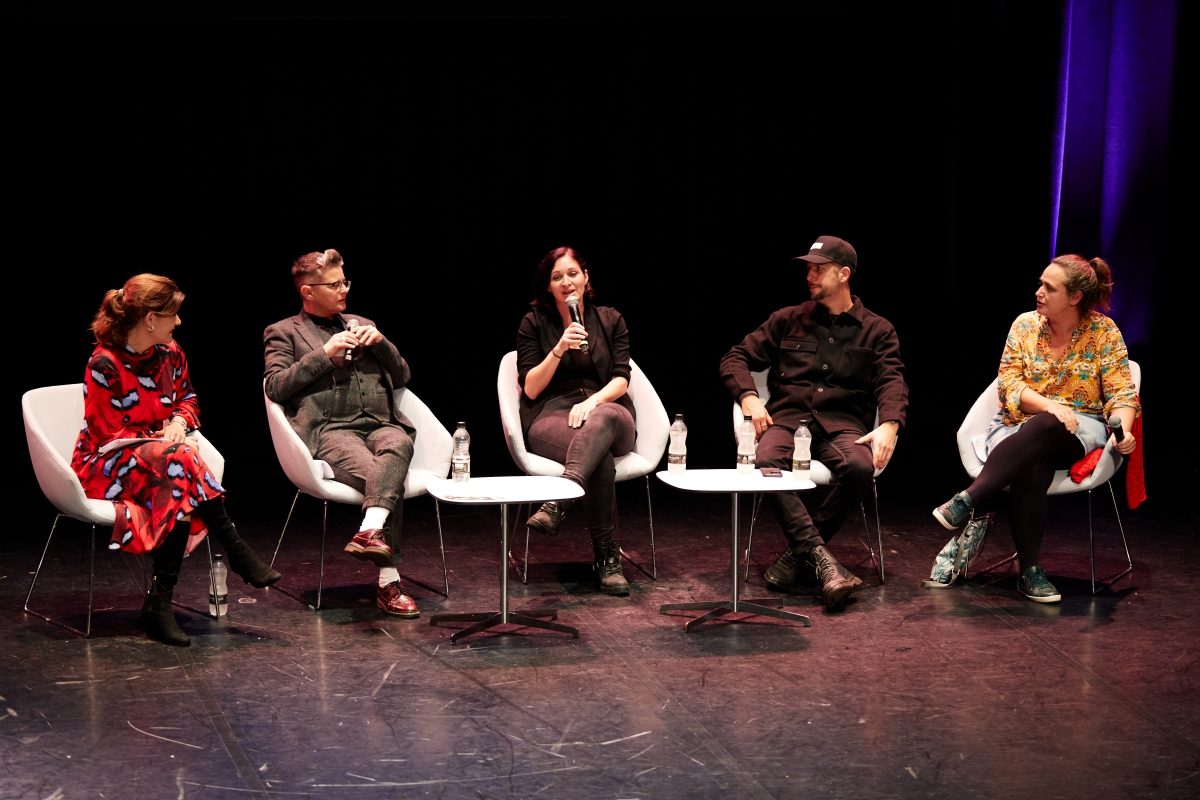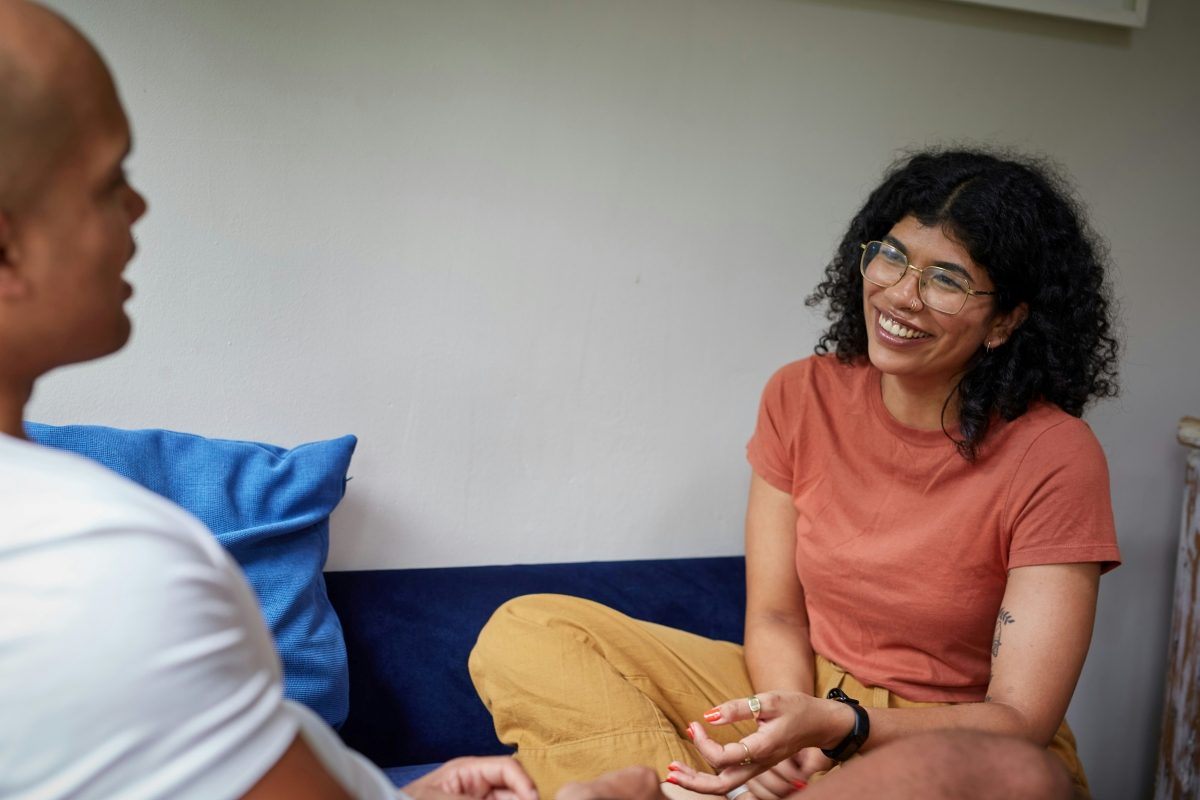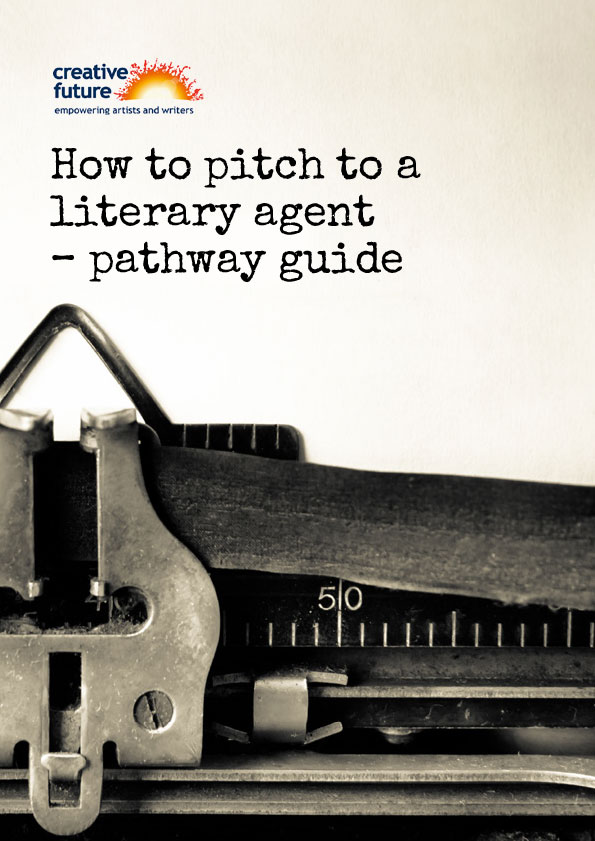Writing courses and workshops are a great way to get started, build your skills, keep momentum and join a community of writers. Aside from those we provide at Creative Future, below are other offerings elsewhere we know to be high quality. Some are online and others face-to-face; some are also self-paced so you can work at … Read more
Resource type: For Writers
Joining a peer group of writers is an ideal way to keep your work going, get feedback and positive support. It’s invaluable and we really recommend it. Directories Here are some websites that collate writing groups (mostly face-to-face but some online). It’s also worth searching online for one near you as well since these … Read more
Creative Future is one of many organisations working locally, regionally and nationally in the UK to support writers at all stages of their journey. Each of these provides a wide range of workshops, support, festivals, resources and opportunities. We’re only able to help so many people in so many ways, so it’s well worth having a … Read more
Getting your work out there and published (whether in print or online) is a hugely important step for a writer. It’s daunting and competitive, but the validation and knowing people are reading your work is hugely rewarding. It’s also an essential step in building a track record as a writer. Where To Start Here are … Read more
Entering competitions is a big and valuable first step for poets, as it builds your track record and gets your work out there, putting you on the path to pamphlet or collection publication. There are loads of poetry competitions looking for new and exciting work. Some are free to enter; others charge fees. Some good … Read more
Entering competitions is a big and valuable first step, as it builds your track record and gets your work out there, putting you on the path to book-length publication. There are loads of competitions looking for new and exciting work. Some are free to enter; others charge fees. Some good places to find them are: … Read more
What is Creative Non-Fiction? Also known as narrative non-fiction, it generally means describing or telling a true story, events or experiences—and doing so creatively in a narrative way, or through literary or even poetic description. It usually recounts and reflects on a personal narrative, event or experience. Good creative non-fiction is factual, unique and draws … Read more
The journey from putting those first words down on the page to becoming a published author can be a long and sometimes difficult one, particularly for people from underrepresented backgrounds. We’ve interviewed a range of past Writers’ Award winners about their paths from page to publication at our Writers’ Days at the Southbank Centre as … Read more
Our ‘Meet the Artist/Writer’ events showcased writers and artists from under-represented backgrounds and how they got their work ‘out there’. Penny Pepper Penny Pepper is a writer, poet and well-known rights activist. Her memoir First In The World Somewhere is published on 7 September by award-winning publishers Unbound. In 2018 Burning Eye Books will publish her highly … Read more
We are often approached by people seeking one-to-one, dedicated support with mentoring, their manuscript, and other major ways of advancing their writing career. As much as we’d like to, we don’t have the resources or capacity to help everyone, and there are other schemes and programmes out there which may be able help. Development Programmes … Read more
Finished your book? Amazing. You can either start looking for a literary agent to represent your book to publishers, or try another route and enter it into a competition. These are especially good for collections of short stories, as not many agents or publishers are keen on them in the UK. It’s also just as … Read more
For fiction and creative non-fiction writers, getting a literary agent is a necessary step in getting your book out there with a mainstream publisher. It isn’t the only way however–you can also enter book competitions, self-publish or approach independent presses. (It’s also worth noting that generally, poets don’t need literary agents nor do many agents … Read more




